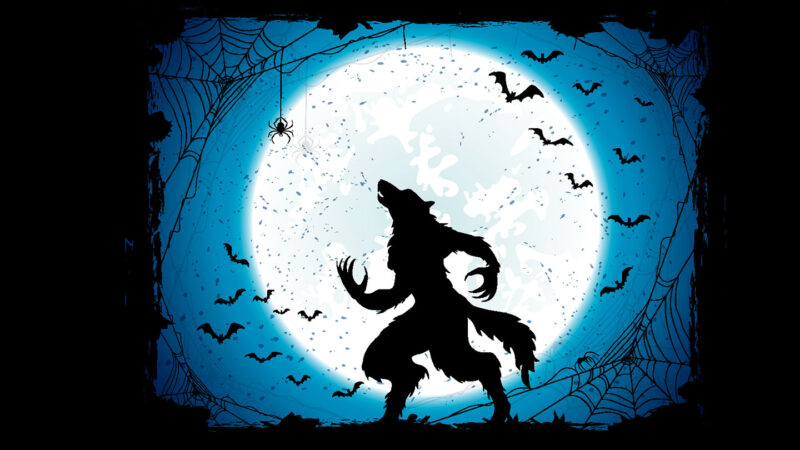
aquatic: An adjective that refers to water.
behavior: The way something, often a person or other organism, acts towards others, or conducts itself.
colleague: Someone who works with another; a co-worker or team member.
ecology: A branch of biology that deals with the relations of organisms to one another and to their physical surroundings. A scientist who works in this field is called an ecologist.
freshwater: A noun or adjective that describes bodies of water with very low concentrations of salt. It’s the type of water used for drinking and making up most inland lakes, ponds, rivers and streams, as well as groundwater.
goby: A small, usually marine fish that often has a sucker on the underside.
mammal: A warm-blooded animal distinguished by the possession of hair or fur, the secretion of milk by females for feeding their young, and (typically) the bearing of live young.
marine: Having to do with the ocean world or environment.
matter: Something that occupies space and has mass. Anything on Earth with matter will have a property described as “weight.”
moon: The natural satellite of any planet.
native: Associated with a particular location; native plants and animals have been found in a particular location since recorded history began. These species also tend to have developed within a region, occurring there naturally (not because they were planted or moved there by people). Most are particularly well adapted to their environment.
orbit: The curved path of a celestial object or spacecraft around a galaxy, star, planet or moon. One complete circuit around a celestial body.
predation: A term used in biology and ecology to describe a biological interaction where one organism (the predator) hunts and kills another (the prey) for food.
predator: (adjective: predatory) A creature that preys on other animals for most or all of its food.
prey: (n.) Animal species eaten by others. (v.) To attack and eat another species.
quoll: A small, meat-eating marsupial that has a spotted coat and looks similar to a cat. These animals are native to Australia and New Guinea.
risk: The chance or mathematical likelihood that some bad thing might happen. For instance, exposure to radiation poses a risk of cancer. Or the hazard — or peril — itself. (For instance: Among cancer risks that the people faced were radiation and drinking water tainted with arsenic.)
sea: An ocean (or region that is part of an ocean). Unlike lakes and streams, seawater — or ocean water — is salty.
species: A group of similar organisms capable of producing offspring that can survive and reproduce.
strategy: A thoughtful and clever plan for achieving some difficult or challenging goal.
sun: The star at the center of Earth’s solar system. It is about 27,000 light-years from the center of the Milky Way galaxy. Also a term for any sunlike star.
tides: (adj. tidal) The alternate rising and falling of the sea, usually twice in each lunar day at a particular place, due to the attraction of the moon and sun. (in biology) When used with colors — such as red tide — it refers to an excessive growth of algae, or “bloom,” that may pose health risks to other species.
